We don’t know much, well anything really, about Saints Joachim and Anne. Even in the Gospels where the ancestry of Jesus is traced, nothing is really said about Mary’s family, so we don’t have records that tell us anything about who Mary’s parents were. Their names themselves are really sourced by legend written more than a century after Jesus died, but even so, they have been confirmed by revelations to saints throughout the ages.
The Church has always inferred that Joachim and Anne were heroic people, having given birth to a woman of great faith. Mary probably had learned her great reverence for God from them, perhaps had learned to trust in God’s plan from them. She knew the law and was a woman of prayer, and we can only surmise that had to come from her parents who had brought her up to love God and his commandments. The Psalmist today recalls God’s promise to David: “Your own offspring I will set upon your throne.” Through the Blessed Virgin, God brought that promise to fruition. Blessed are the eyes that saw that: through Mary, Joachim and Anne were certainly overjoyed at the nearness of salvation.
This feast helps me remember my own grandparents, whose faith and love are a part of me today. Their humor, their reverence for God, their love for people, all of that has become a part of who I am today. Maybe you too can remember some of the graces that have come from your own ancestors in faith. And for all these great people, along with Saints Joachim and Anne, we give thanks today.
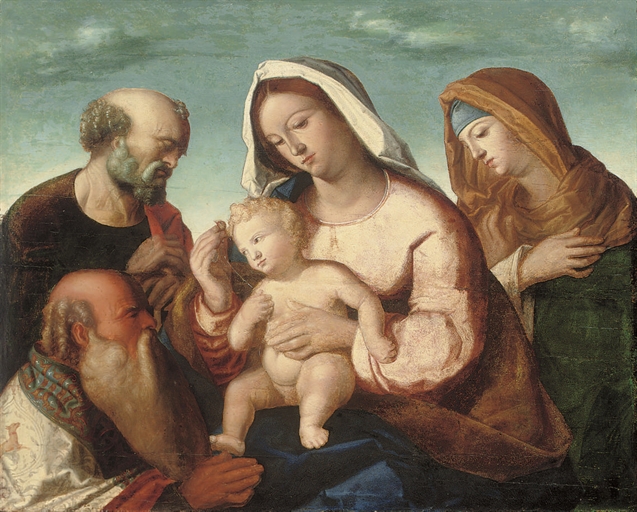
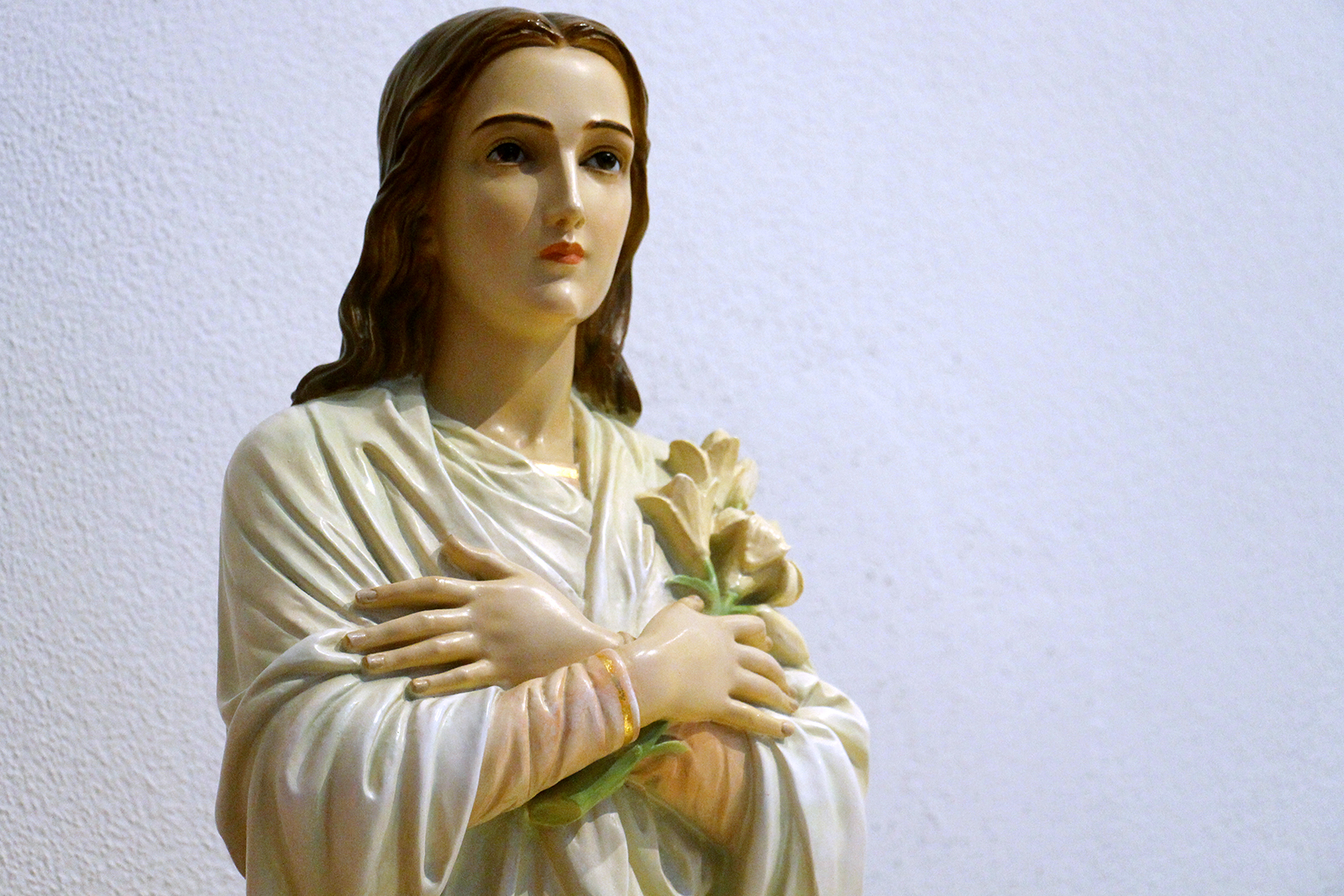
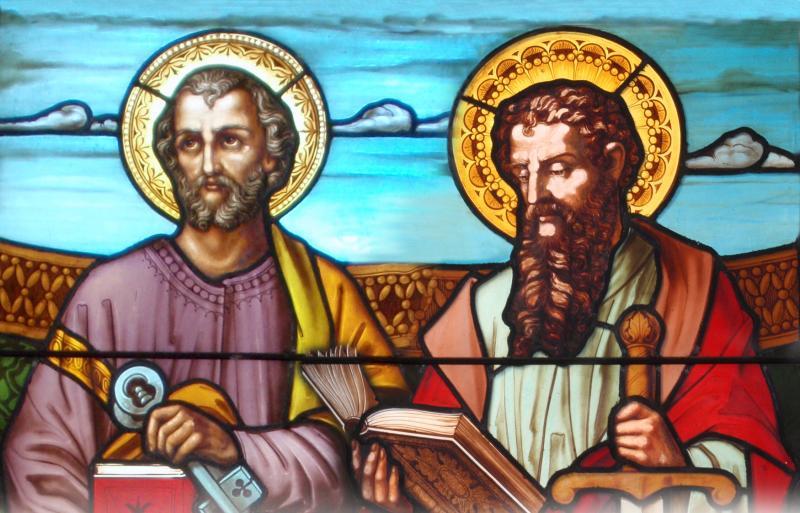
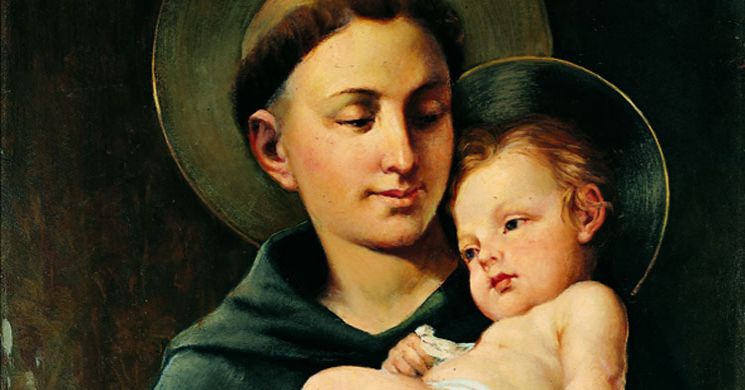
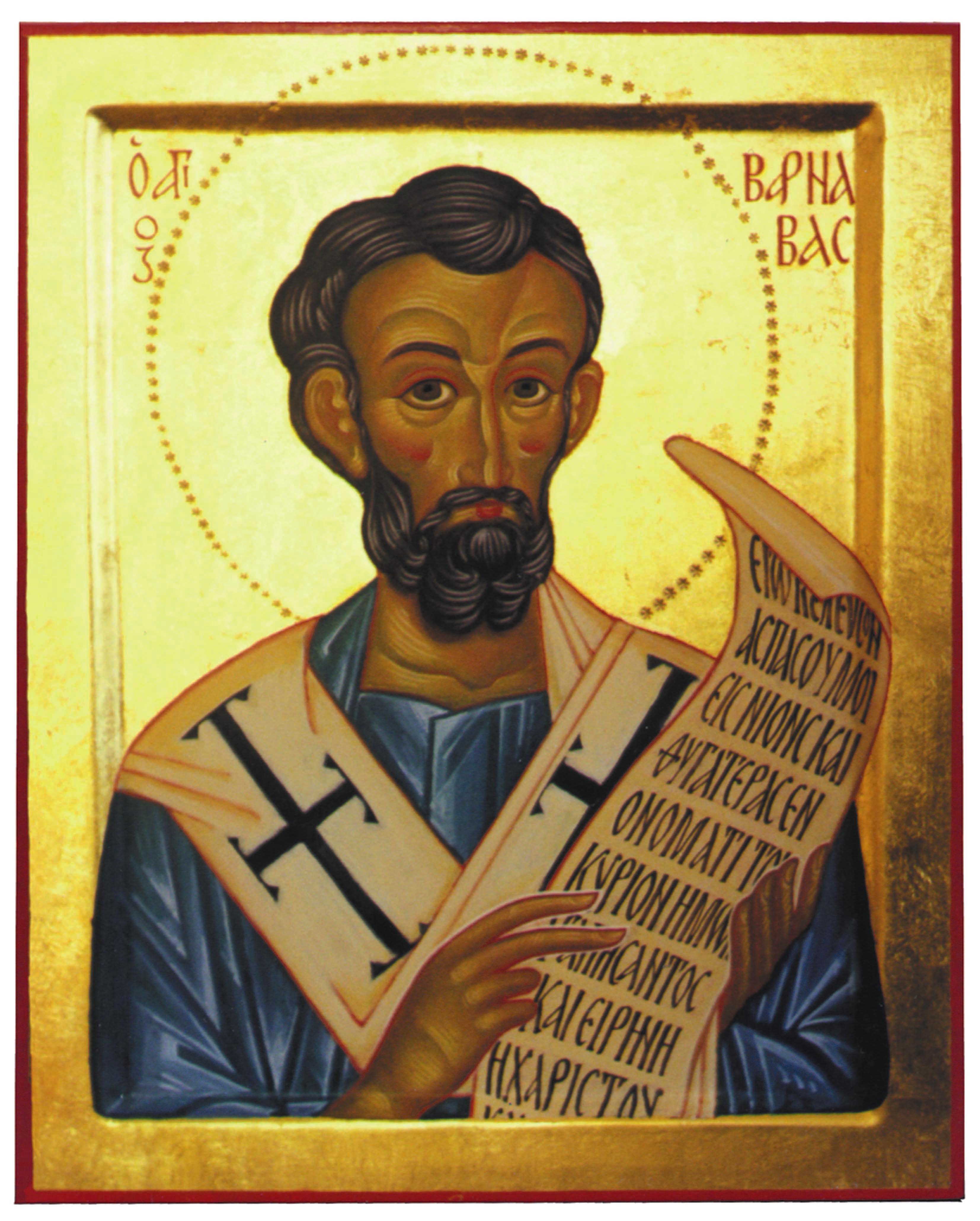

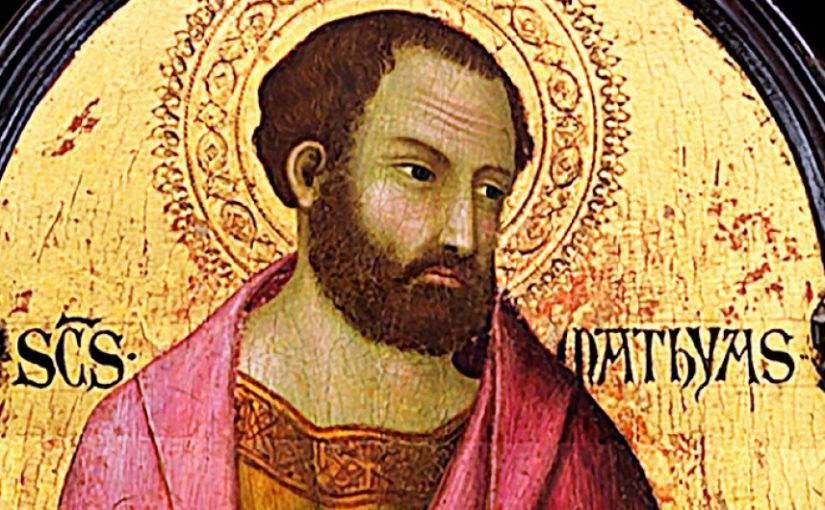
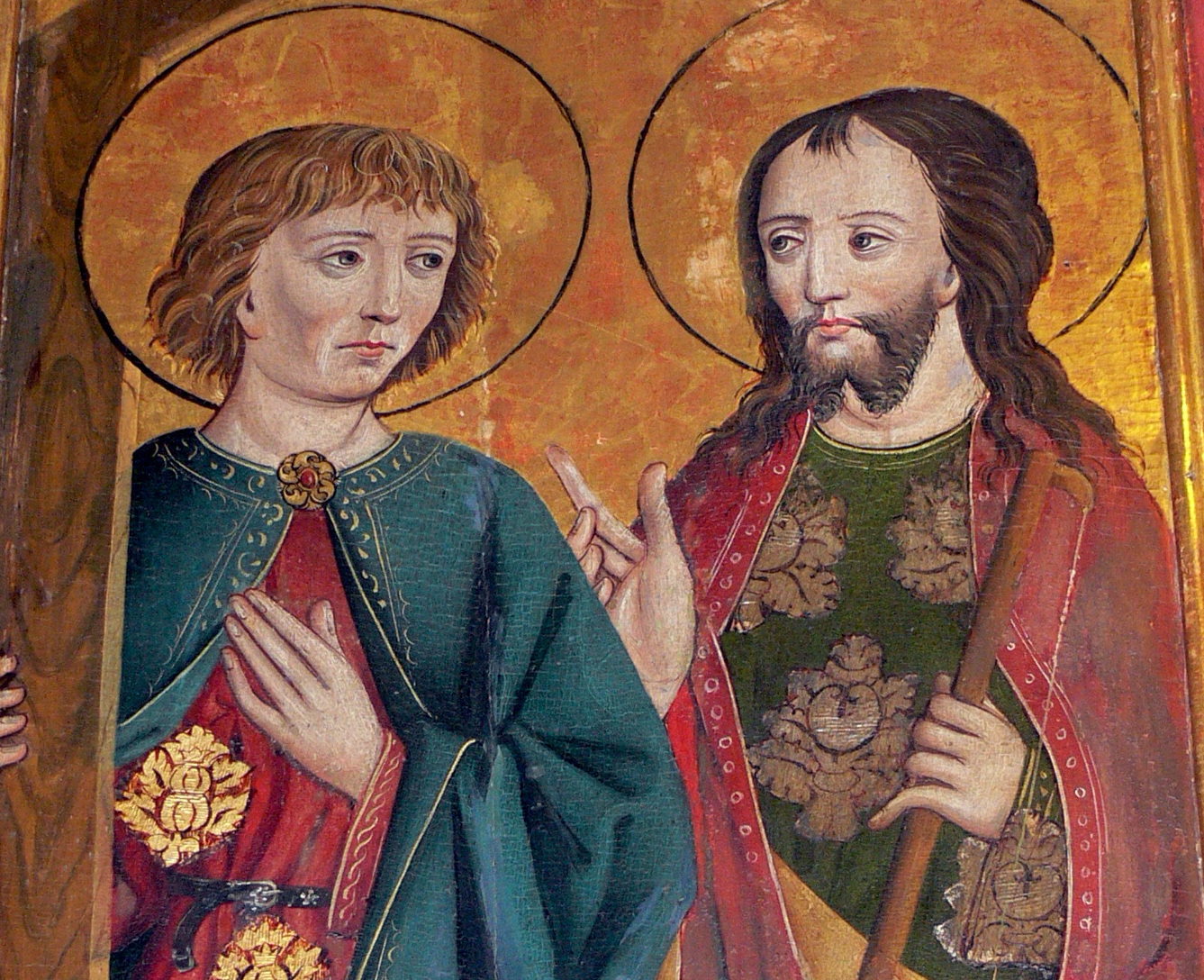
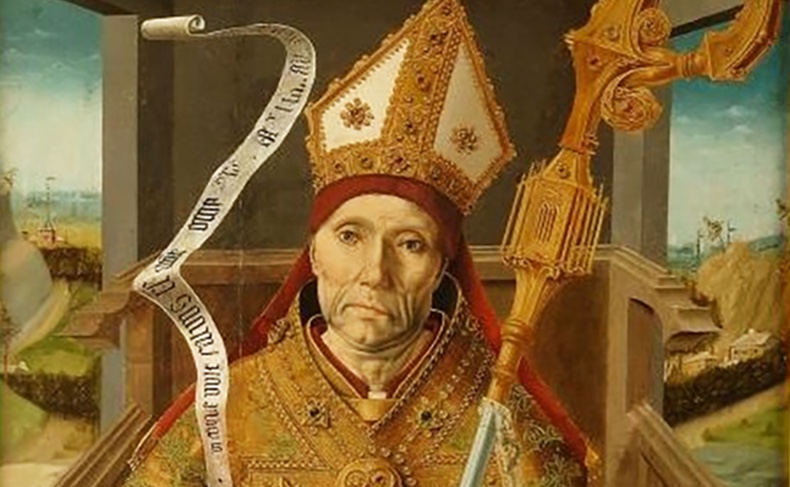

You must be logged in to post a comment.